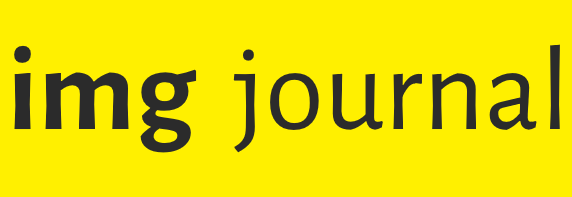CALL FOR PAPER issue 09 - Metaverse dilemma
Issue curators
Alessandro Alfieri, Daniele Rossi
The Gartner Hype Cycle describes the typical trajectory of emerging technologies and predicts that, after the Peak of Inflated Expectations, when interest and excitement for a technology are at their highest levels, a phase of disillusionment will follow, when expectations are not met and interest in the technology decreases.
The technologies related to the Metaverse are, as of the publication date of this call, at the point where they are ready to roll down.
AltspaceVR, the social virtual reality platform, founded in 2013 and acquired by Microsoft in 2017, will close in March 2023 with the consequent layoff of the entire development team. Meta, the US company previously known as Facebook, and which assumed its current name in October 2021 as an act of faith in a new 3D social platform, has already lost 40% of its initial investment.
These are just two of the wake-up call that have appeared around the metaverse ecosystem. In relation to the Hype Cycle, the prospects for the Metaverse are therefore uncertain and depend on various factors, including technology adoption, investment and ethical concerns.
In this operating framework, the current critical debate about the Metaverse as a new cultural, expressive, and existential horizon highlights all of the ambitions and concerns that this technology and its developers have for the future.
This issue of the journal focused on the Metaverse aims to offer a broader and different perspective on the topic. The dilemma mentioned in the title is intended to relate different theoretical visions, research experiences and approaches to scientific inquiry that are united by a rejection of the uncritical acceptance of the new technological frontier. Rather than recognizing this frontier as something that can only be "suffered," the authors are invited, from their own specific field of expertise, to offer their own contribution to understanding its opportunities, but also its limitations.
What are the application areas where Metaverse will most clearly demonstrate its effectiveness? Which areas will be completely disrupted by the new arrangement that appears to be announcing itself and is being trumpeted so loudly? And, on the other hand, how will the expectations of the moment's enthusiasm be dispelled?
This call is addressed to all scholars who intend to submit papers concerning the forthcoming massive dissemination of the Metaverse and its imagery.
Topics could cover the following areas:
Arts. The topic covers interactive art and experimental New Media Art practices both at the theoretical-aesthetic level and at the more eminently practical level. Proposals are expected from scholars of aesthetics and artists who wish to address the topic related to the horizons that Metaverse opens (or does not open) in the field of artistic production and expressive languages;
Pop culture. It is a wide-ranging spectrum encompassing very different subjects, from the new frontiers of video gaming to the languages of high fashion, from mass culture productions to live sets, and even to social networks to understand how interpersonal relationship modes will be redefined and disrupted.
Filmmaking. This is the area where a number of post-cinema projects are already catching certain problems with the application of augmented reality and virtual reality. Is this the end of cinematic language or a fundamental rethinking of what it means? Will television technology adapt to the unique characteristics of the Metaverse?
Design culture. This field represents perhaps the area that probably shows the greatest ambition in relation to the Metaverse. Indeed, in this case, the potential of Metaverse allows for the establishment of a new relationship at the design stage between urban designers and the citizens involved, or between a digital environment or digital twin, and the possible user of that space, a space that will probably need to be redefined, re-mediated and re-comprehended with new tools and new categorical and conceptual skills.
Key dates
Full article: 15 June 2023
Article acceptance: 15 July
Final article submission: 01 September
Publication: 31 October
How to send contributions
Instructions for sending full paper are available on https://img-journal.unibo.it/about/submissions
Before submitting contributions, please pay attention to the Author Guidelines.




